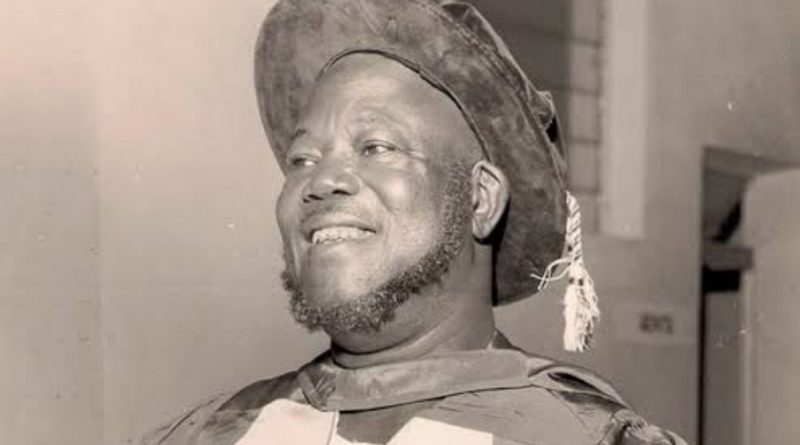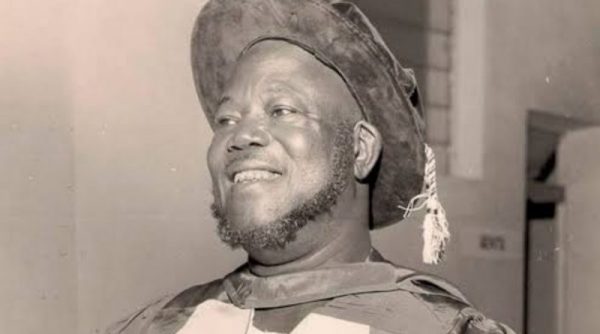Ahmadu Bello’s name rings a bell not only in the Northern part of Nigeria but equally across the country.
Read more about ThrowBack Thursday
Often in history books, he is referred to as one of the political figures murdered in the 1966 coup bloodbath, but the man has other layers to his legacy.
Born in Rabah, Sokoto State, Sir Ahmadu Bello is also a descendant of Uthman don Fodio, the 19th-century Muslim leader famous for his jihadist conquests.
Bello’s education was sparse. He started his education at the Sokoto Provincial School and proceeded to Katsina Teacher Training College. He taught for several years at the Sokoto Middle School before becoming district head of Rabah in the emirate administration in 1934.
In 1938, he was part of the candidates considered for the stool of the Sultan of Sokoto. His unsuccessful attempt made his Sultan relative confer him with another revered honorary traditional title – Sardauna of Sokoto while elevating him to the Native Authority Council.
He was the co-founder of the Youth Social Circle in Sokoto that Bello in 1945 and the alliance grew into the formation of the founded Northern People’s Congress (NPC) in 1948.
Ahmadu Bello’s membership of the Sokoto Native Authority would later be crucial as he was elected by the Council to the Northern House of Assembly in 1949. By the year 1950 when discussions of constitutional reform and independence from the British colony became national matters, Bello became a foremost spokesperson for the Northern caucus.
As the situation of the time warranted, the NPC rose to become the leading political party in Northern Nigeria and Ahmadu Bello ultimately became NPC president.
Sign up to the Connect Nigeria daily newsletter
Bello became a member of the regional executive council and works minister in 1952. Bello was also a member of the Federal House of Representatives from 1952 to 1959 and he became the first premier of Northern Nigeria between those years in 1954.
When Nigeria became independent on October 1, 1960, he chose to remain the Premier of the Northern Region purportedly to protect it from Southern incursions and also because he did not like to reside in Lagos where the seat of government is. NPC deputy president, Sir Tafawa Balewa, became Prime Minister instead.
Ahmadu Bello often played the underdog as he was notorious for brokering political deals which prospered his people’s interest at first.
For instance, Bello successfully brokered an NPC alliance with the Nigerian National Democratic Party (NNDP) of the Western Region in 1964 to form a coalition party called the Nigerian National Alliance. The coalition won a clear majority in the federal elections of 1964 where the Action Group (AG) was flailing.
Ahmadu Bello’s political brokerage caused the NNDP to upset the Action Group in most units in the Western Region and chaos ensued.
For all his effort at upholding the old Northern Region as a major political front in the 1st Republic, Bello’s attempt at forcing events in history was one of the major factors that made January 15, 1966 coup an eventuality.
Sir Ahmadu Bello was assassinated in the bloody coup d’etat of January 15, 1966, amongst many other revered personalities in Nigeria’s 1st Republic.
Featured Image Source: The Abusites
Got a suggestion? Contact us: [email protected]


